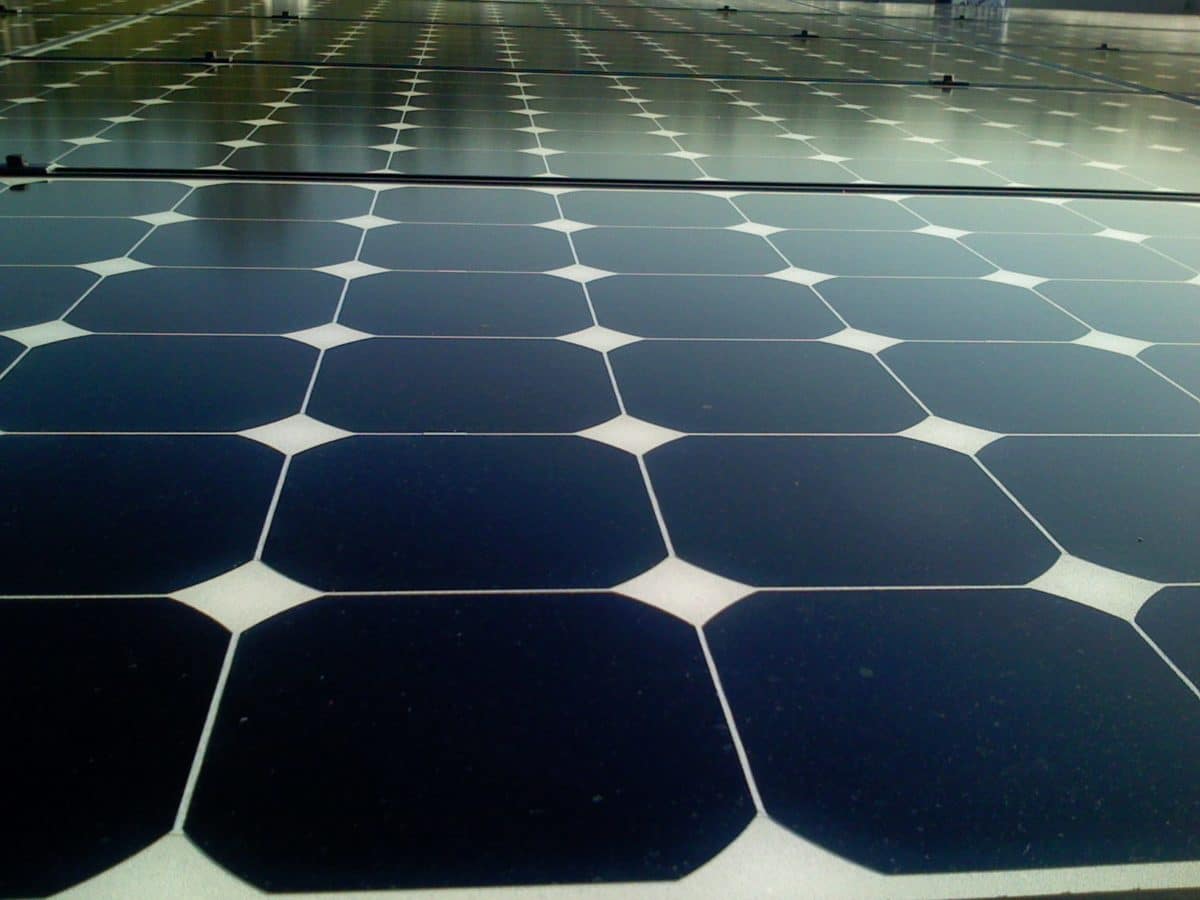Researchers from Egypt's Assiut University, Saudi Arabia's Prince Sattam Bin Abdulaziz University and King Fahd University of Petroleum & Minerals, and the Universiti Tenaga National, in Malaysia, have developed an optimization algorithm to improve the estimation of the parameters of PV cells and modules.
The proposed model is based on the stochastic fractal search (SFS) – a powerful metaheuristic – and a nature-inspired algorithm that is claimed to solve complex optimization problems. The algorithm imitates the natural phenomenon of growth and uses the diffusion process based on random fractals. The mathematical concept of fractals defines any complex geometric shape that is distinct from the simple figures of Euclidean geometry.
The scientists explained that the mathematical modeling of PV can be classified into the three following categories: single-diode model (SDM); double-diode model (DDM); and three diode model (TDM). The proposed model was applied only to the first two categories. “Since the required parameters for the modeling are not provided by the manufacturer, the parameter estimation of a solar PV [product] has attained high priority, which helps to improve the efficiency of the solar PV system,” the academics specified.
Several experimental, measured datasets were used and the SDM and DDM models were analyzed over real-time measurements at different weather conditions. Three different case studies were considered in the analysis. “From the examined three cases, it can be understood that exploitation and exploration capability in SFS have a solid effect in avoiding premature convergence,” the research group stated.
Premature convergence arises in an algorithm when the genes of some high-rated individuals quickly attain to dominate the population, constraining it to converge to a local optimum, which reduces significantly the algorithm's ability to continue the search for better solutions. An algorithm operates on a set of individuals which is called a population and each individual is a solution to the problem to be solved.
The scientists concluded that the achieved parameters were closely matched with the experimental dataset, which in their view shows the “perfectness” of the method. “The proposed SFS method can be recommended as a high-valued optimization technique for the estimation of solar PV parameters under any test conditions,” they affirmed.
The model was described in the study A robust parameter estimation approach based on stochastic fractal search optimization algorithm applied to solar PV parameters, published in Energy Reports.
This content is protected by copyright and may not be reused. If you want to cooperate with us and would like to reuse some of our content, please contact: editors@pv-magazine.com.




7 comments
By submitting this form you agree to pv magazine using your data for the purposes of publishing your comment.
Your personal data will only be disclosed or otherwise transmitted to third parties for the purposes of spam filtering or if this is necessary for technical maintenance of the website. Any other transfer to third parties will not take place unless this is justified on the basis of applicable data protection regulations or if pv magazine is legally obliged to do so.
You may revoke this consent at any time with effect for the future, in which case your personal data will be deleted immediately. Otherwise, your data will be deleted if pv magazine has processed your request or the purpose of data storage is fulfilled.
Further information on data privacy can be found in our Data Protection Policy.